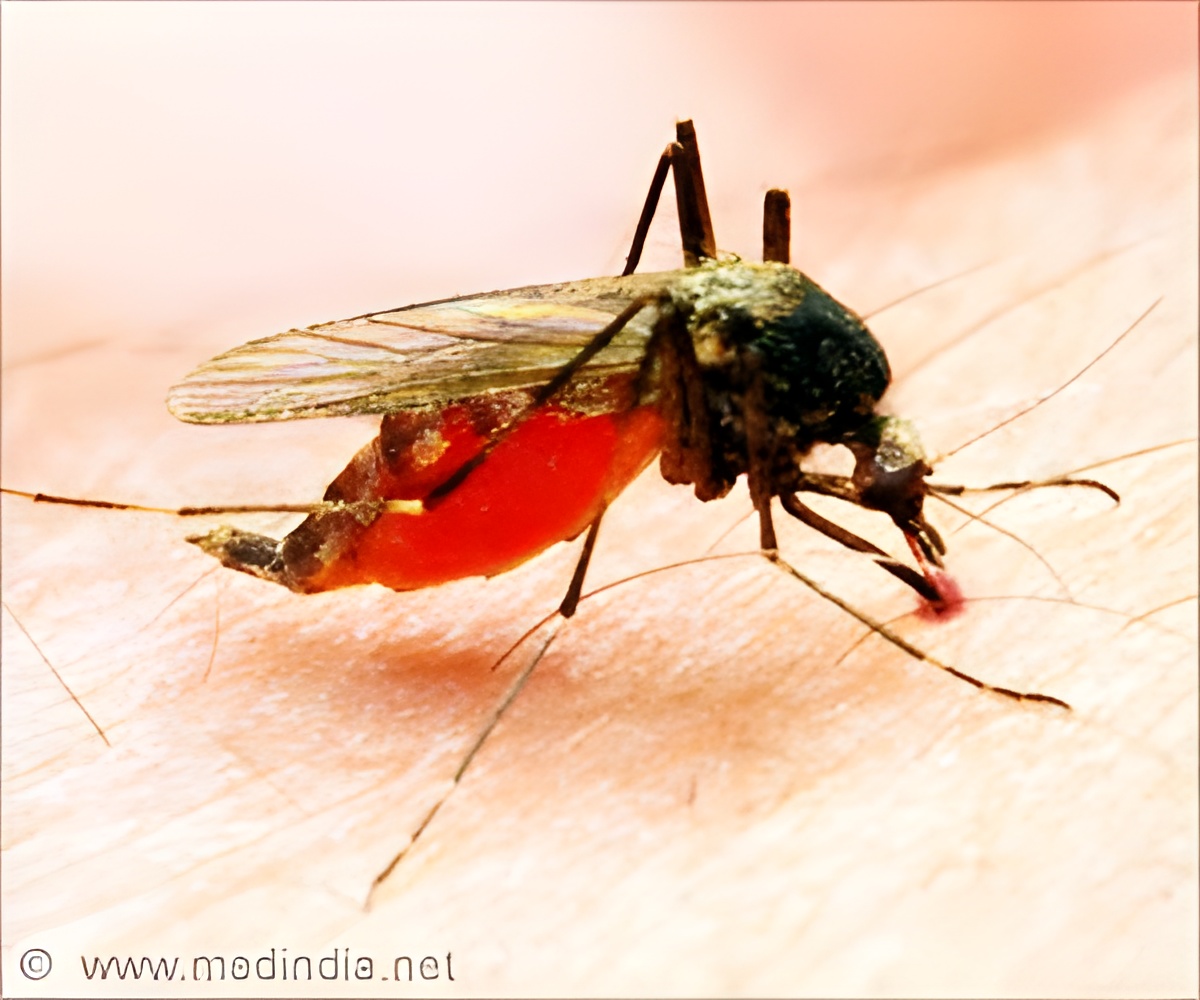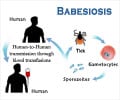
The study shows that the different metabolic states of these human host cells provide different growth conditions for the respective parasites and warn that, as a consequence, drugs that work against one Plasmodium species might fail to be effective against the other.
After their birth in the bone marrow, red blood cells undergo a number of changes to develop into highly specialized oxygen transporters.
They expel their nucleus (with its DNA content) before they are released into the blood as reticulocytes.
As they mature they get rid of many of their other organelles as well, until they are disk-shaped cells full of hemoglobin, a red protein (which gives blood its color) designed to carry oxygen.
To address whether the two classes of host red blood cells offer different resources for parasite survival, and whether these resources could influence anti-malarial drug efficacy, researchers undertook a comprehensive biochemical analysis of the metabolites present in reticulocytes on one hand and in mature erythrocytes on the other.
Advertisement
Researchers suggest that the availability of the reticulocyte metabolome might reduce or block the efficacy of anti-malarial drugs that target parasite metabolism.
Advertisement
The study is published in PLOS Pathogens.
Source-ANI














